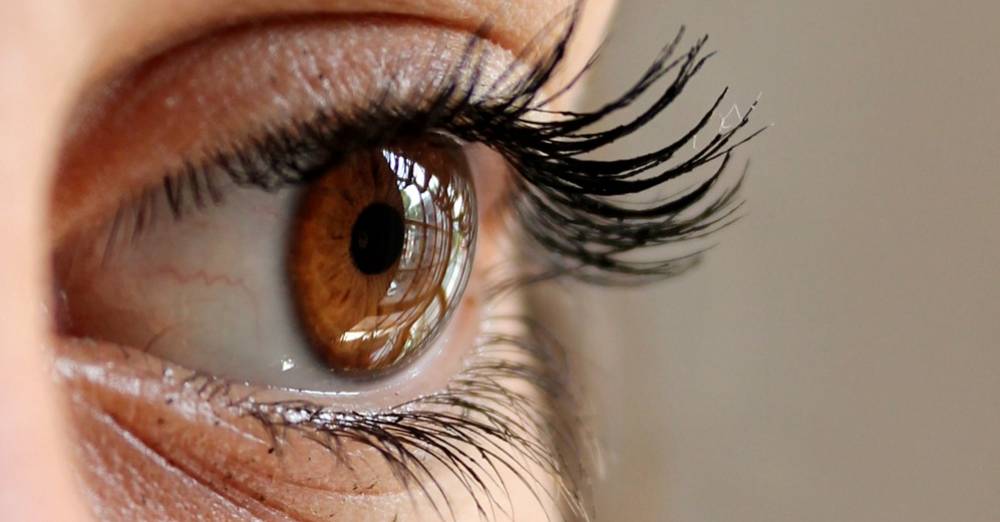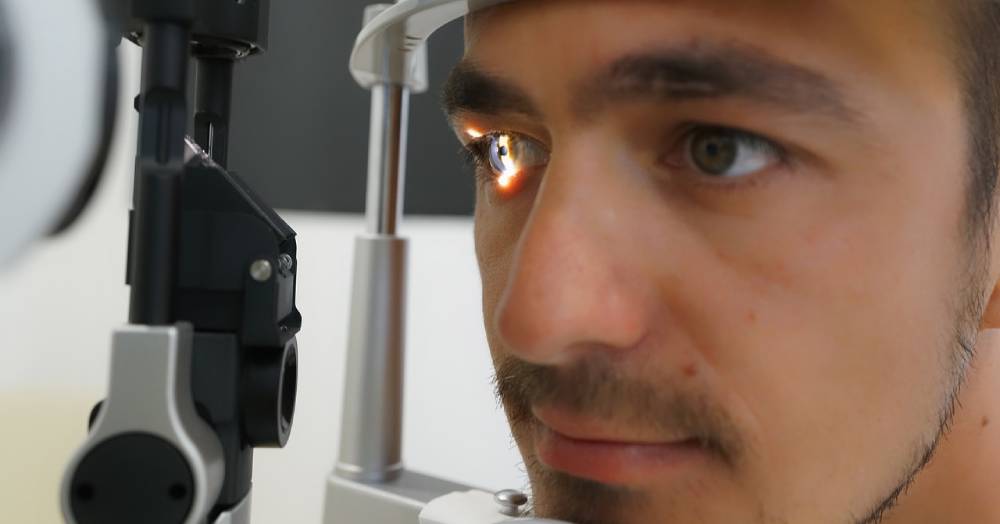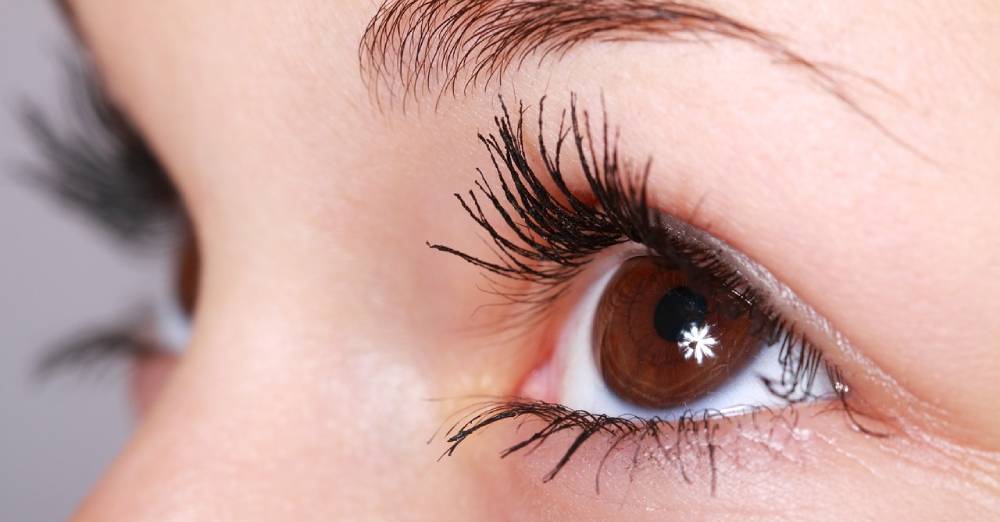
Researchers in Canada Discover Possible New Treatment for Diabetic Retinopathy
Diabetic retinopathy can impact anyone with diabetes, be it type 1, type 2, or gestational. It’s one of the effects of having too much sugar in your blood. Now, researchers in Canada may have found a new way to help those with this condition.
A team from the University of Toronto has developed a synthetic antibody to treat retina damage. They say it showed promise in cell cultures and in mice. The findings were published in the journal EMBO Molecular Medicine.

Rony Chidiac, lead author and postdoctoral researcher, says, “This study has shown that these antibodies are very attractive therapeutics to restore blood-retina barrier defects. It gives new hope for the treatment of eye diseases like diabetic retinopathy and macular degeneration.”
In diabetic retinopathy, the Wnt cell signaling pathway in the eye becomes unable to maintain the blood-retina barrier. The barrier prevents molecules from entering the retina. The disruption of function, which is caused by low oxygen in the tissue, can lead to leaky blood vessels and eye damage.
To try to address this, the team tested a synthetic antibody that attaches to two key cell surface receptors – Frizzled4 and LRP5 – and brings them close together, which activates the Wnt pathway.
The first step was testing the antibody in cell cultures. During this process, the team found that the antibody triggered the signaling pathway and restored the barrier function. They then applied it to different mouse models, one of which represented diabetic retinopathy. In this test, it restored the barrier function, corrected blood vessel formation, and normalized the formation of new blood vessels.

With this success, researchers hope the antibody can now head to clinical trials. They believe it could be helpful for more conditions, as well.
Stéphane Angers, senior author and associate dean of research at U o f T’s Leslie Dan Faculty of Pharmacy, says, “The retinal vasculature was the first indication, and we have new funding to explore the role of this pathway in other contexts. For example, we are testing whether this antibody could have implications in the blood-brain barrier and whether it could repair the barrier in the context of stroke.”
Chidiac says it could also be a key discovery for regenerative medicine.
According to the National Eye Institute, diabetic retinopathy affects more than 40% of Americans with diabetes. Pregnant women who either had diabetes before pregnancy or who develop gestational diabetes are at an increased risk of diabetic retinopathy. For women in this situation, it’s important to have a comprehensive dilated eye exam and to ask your doctor if you’ll need any further eye evaluation throughout pregnancy.
